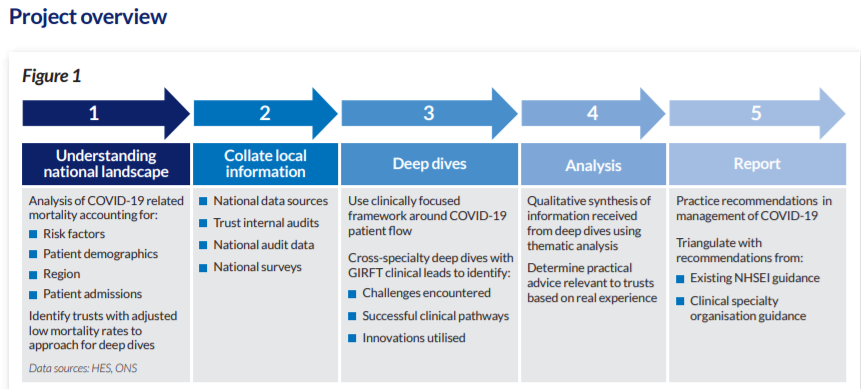NIHR | January 2021 | People with diabetes with a low risk of developing foot ulcers can be screened less often
Current NICE guidance recommends that people with diabetes have their feet screened annually to identify those most at risk of developing foot ulcers. Now a new NIHR- funded study suggests that annual foot checks could be reduced. It found that people at low risk of developing ulcers do not need yearly reviews, as 1 in 20 patients at low risk of a foot ulcer progressed to medium risk level over a two year period.
The researchers analysed the data of over 10 000 patients in Scotland diagnosed with diabetes, who attended their first screening session in the period from 2009 to 2017. From this they identified each individual’s risk of foot ulceration according to standard risk factors of insensitivity, previous ulcers, and whether pulses in the foot could be felt. They looked at the change over time – from low to moderate risk. They cross-referenced this information with data on ulceration, amputation and death.
The results showed:
- People with diabetes changed from low to moderate risk slowly
- Around one in ten changed from low to moderate risk after five years (9.9 %) and eight years (11.3%)
- Most changes in risk status (94%) were down to nerve damage in the feet (peripheral neuropathy)
- One in 250 (0.4%) in the low-risk group developed ulcers after two-years; one in a thousand (0.1%) had an amputation (Source: NIHR).
Read the full NIHR Alert
Primary paper is available from Diabetic Medicine

